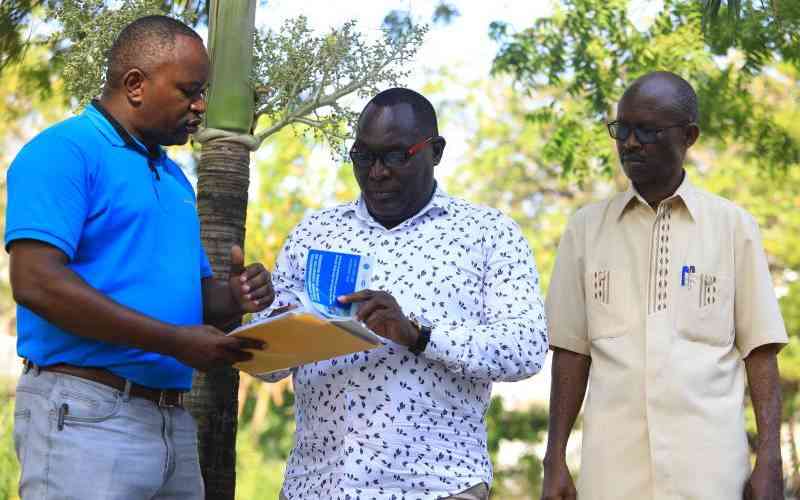×
The Standard e-Paper
Home To Bold Columnists

Players in the import and export logistics chain have intensified the push for self-regulation through an act of parliament to tame scrupulous agents.
The proposed Kenya Customs Agents and Freight Forwarders Self-Regulation Bill 2020 seeks to weed out brokers and quacks in the industry and increase revenue collection by the government.